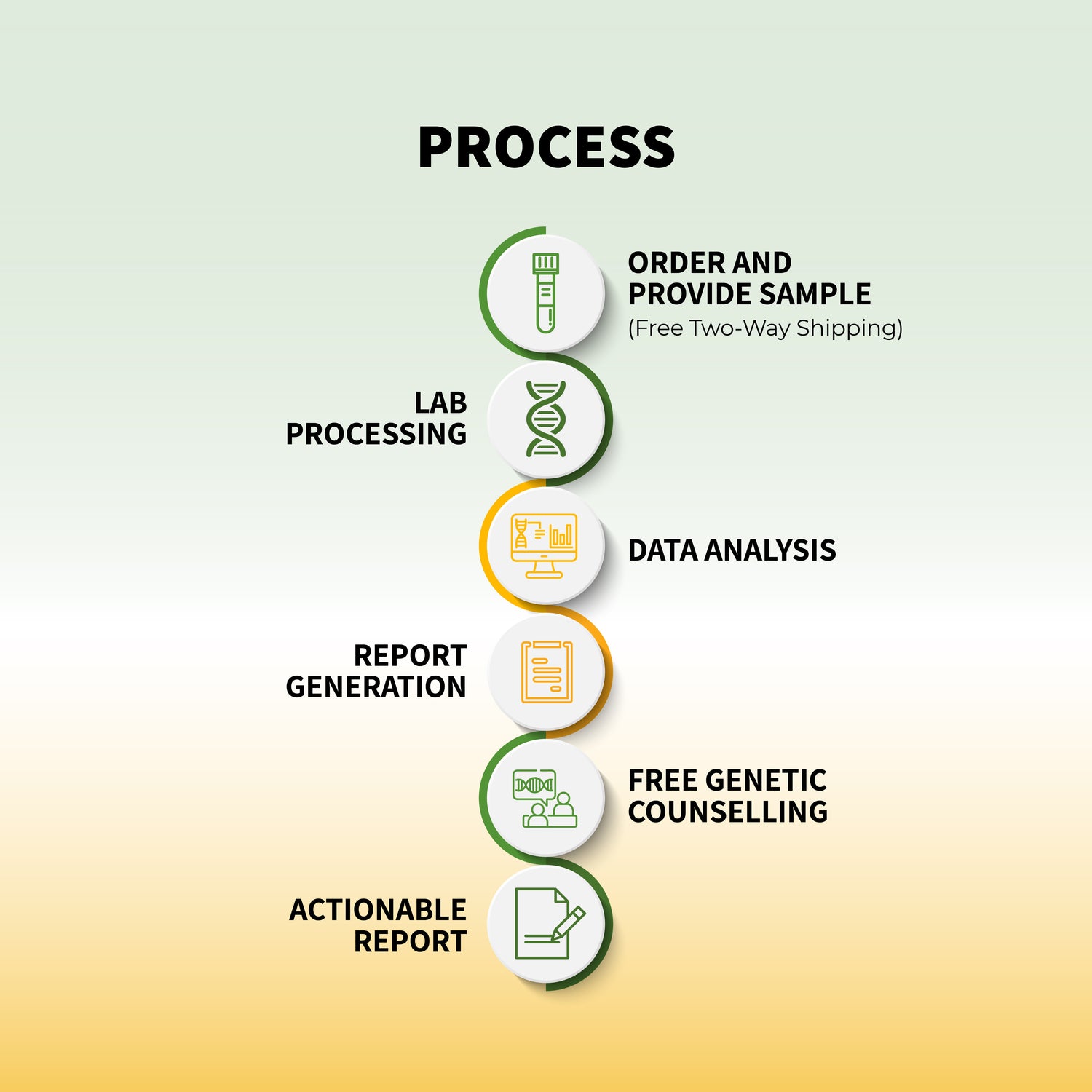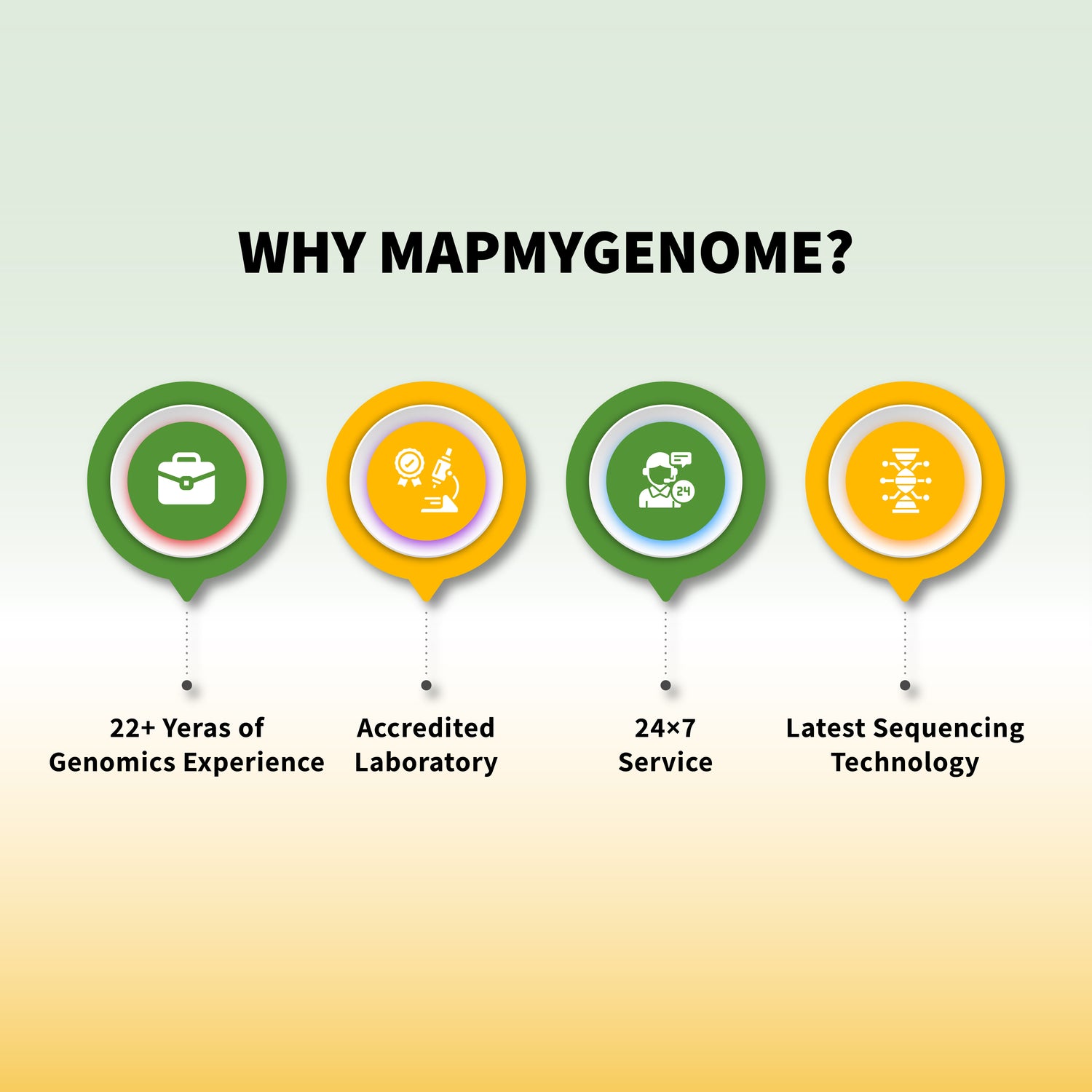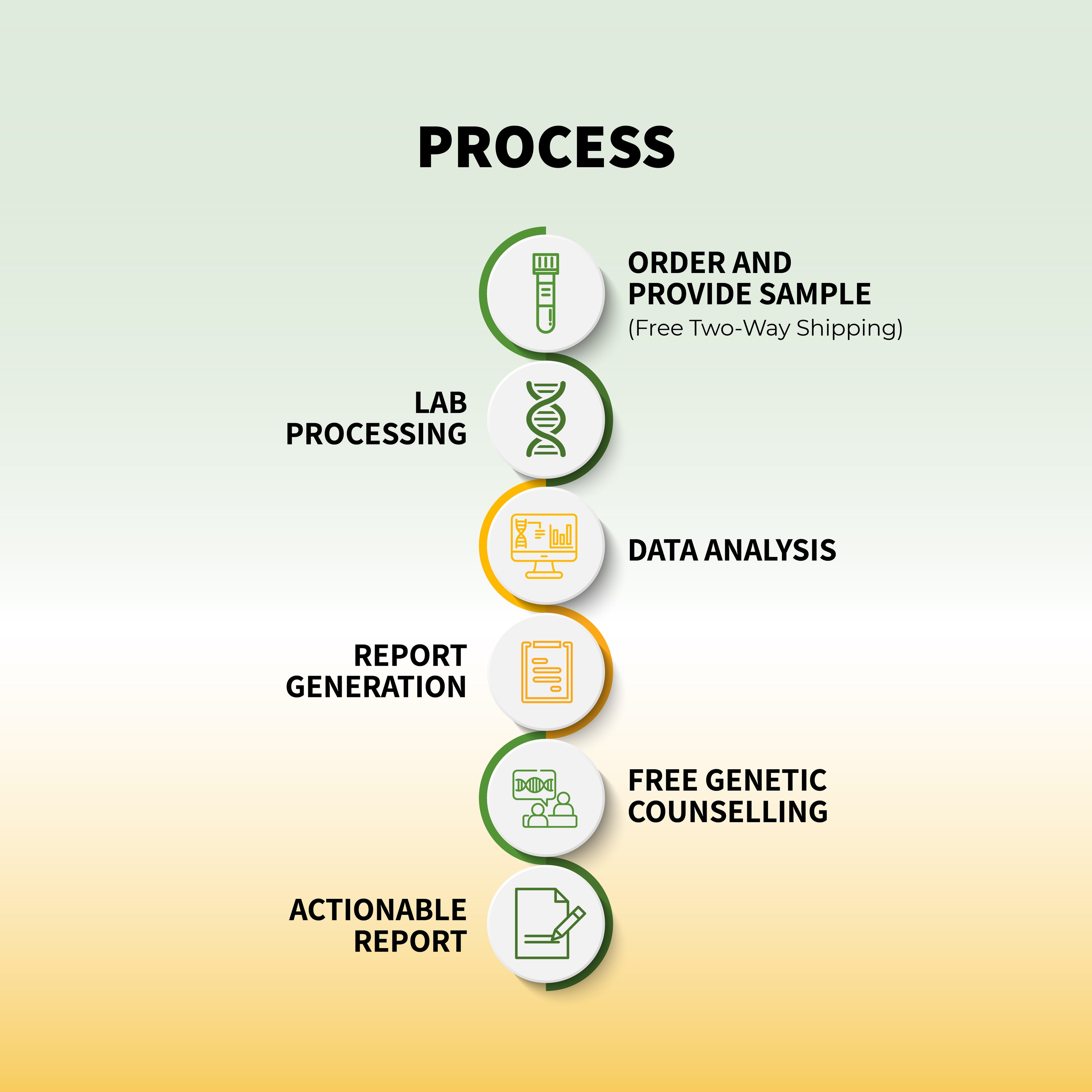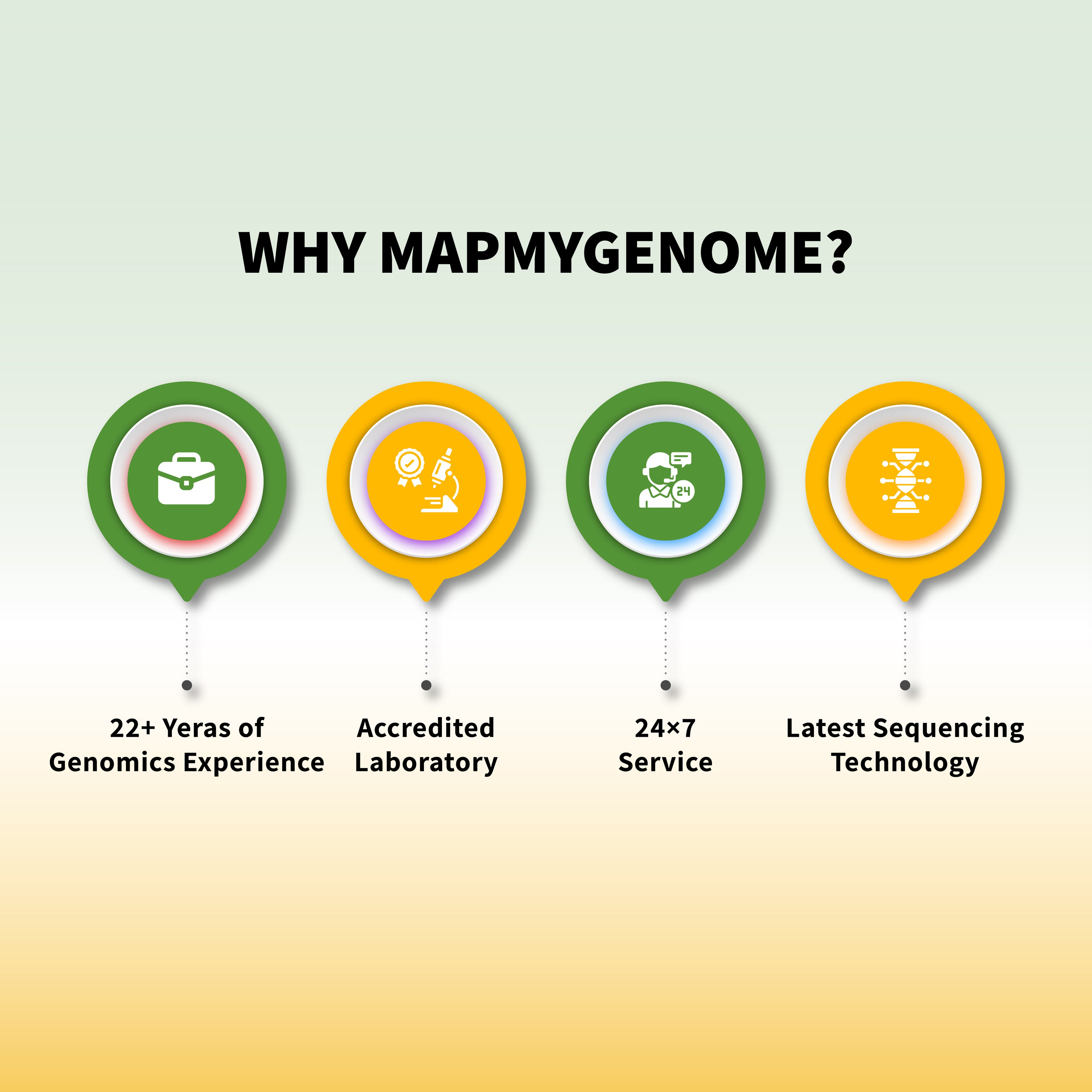Eating disorders are complex mental health conditions that affect millions of people worldwide. Among these disorders, anorexia nervosa, commonly referred to as anorexia, is one of the most severe and life-threatening. It’s not just about food; anorexia involves a distorted body image, an intense fear of gaining weight, and extreme dietary restrictions. In this blog post, we will explore anorexia in detail, discuss its symptoms, causes, and treatment options, and offer guidance for those seeking help.
What Is Anorexia?
Anorexia nervosa is an eating disorder characterized by an obsessive desire to lose weight by refusing to eat. Individuals with anorexia often see themselves as overweight, even when they are dangerously underweight. This disorder typically begins during adolescence, but it can affect people of all ages, genders, and backgrounds.
Anorexia is not merely a diet gone wrong; it's a serious mental illness that can have devastating physical and psychological consequences. The disorder can lead to severe malnutrition, organ damage, and in some cases, it can be fatal.
Symptoms of Anorexia
Recognizing the symptoms of anorexia is crucial for early intervention. The symptoms can be categorized into physical, behavioral, and psychological:
Physical Symptoms
- Extreme weight loss: Individuals with anorexia may experience rapid and significant weight loss.
- Thin appearance: The person may appear emaciated.
- Fatigue: Chronic tiredness due to lack of nutrition.
- Insomnia: Difficulty in sleeping.
- Dizziness or fainting: Caused by dehydration and low blood pressure.
- Bluish discoloration of the fingers: Resulting from poor circulation.
- Hair thinning or loss: As a result of malnutrition.
- Absence of menstruation: In women, the loss of menstrual periods (amenorrhea) is common.
Behavioral Symptoms
- Severe food restriction: Limiting food intake to extreme levels.
- Preoccupation with food: Constant thoughts about food, dieting, and body weight.
- Ritualistic eating habits: Cutting food into tiny pieces, refusing to eat in front of others, or hiding food.
- Excessive exercise: Engaging in intense physical activity to burn calories.
- Avoidance of meals: Making excuses to skip meals or refusing to eat in social situations.
Psychological Symptoms
- Distorted body image: Seeing oneself as overweight despite being underweight.
- Intense fear of gaining weight: Even when severely underweight.
- Denial of hunger: Insisting that they are not hungry or don’t need to eat.
- Perfectionism: Setting unrealistic standards for themselves and others.
- Social withdrawal: Avoiding friends, family, and social activities.
Causes of Anorexia
The causes of anorexia are multifaceted and can vary from person to person. However, several factors are believed to contribute to the development of the disorder:
1. Genetics
- Research suggests that genetics play a significant role in the development of anorexia. Individuals with a family history of eating disorders are at a higher risk. Specific genes related to serotonin regulation and mood may also be involved.
2. Psychological Factors
- Individuals with anorexia often exhibit traits such as perfectionism, low self-esteem, and a desire for control. These psychological factors can make them more susceptible to developing an eating disorder.
3. Societal Pressure
- The societal emphasis on thinness and unrealistic body standards perpetuated by media and popular culture can contribute to the development of anorexia. The pressure to conform to these ideals can be overwhelming, particularly for young people.
4. Trauma and Stress
- Traumatic experiences, such as physical or emotional abuse, can trigger the onset of anorexia. Additionally, significant life changes or stressors, like starting a new job or moving, can contribute to the disorder.
5. Biological Factors
- Hormonal changes during puberty, as well as neurotransmitter imbalances, may increase the likelihood of developing anorexia. These biological factors can influence mood, appetite, and body image.
Treatment Options for Anorexia
Anorexia is a treatable condition, but it requires a comprehensive approach that addresses both the physical and psychological aspects of the disorder. The goal of treatment is to restore the person to a healthy weight, treat any psychological issues, and reduce or eliminate behaviors that lead to disordered eating.
1. Medical Treatment
- The first step in treating anorexia often involves addressing any immediate medical concerns. This may include hospitalization for individuals who are severely malnourished or experiencing life-threatening complications. Medical professionals will work to stabilize the patient’s physical health and prevent further deterioration.
2. Nutritional Counseling
- A registered dietitian with experience in eating disorders can help develop a balanced meal plan. Nutritional counseling aims to educate the individual about the importance of nutrition and support them in making healthy food choices.
3. Psychotherapy
- Cognitive-behavioral therapy (CBT) is one of the most effective forms of therapy for anorexia. CBT helps individuals identify and change negative thought patterns and behaviors related to food, body image, and self-esteem.
- Family-based therapy (FBT) can also be beneficial, particularly for adolescents with anorexia. FBT involves the family in the treatment process and focuses on restoring healthy eating habits.
- Individual therapy may also address underlying psychological issues, such as trauma, anxiety, or depression.
4. Medications
- While there is no specific medication to treat anorexia, antidepressants or anti-anxiety medications may be prescribed to address co-occurring mental health conditions. These medications can help alleviate symptoms of depression and anxiety, which are common in individuals with anorexia.
5. Support Groups
- Joining a support group for individuals with eating disorders can provide a sense of community and understanding. Sharing experiences and challenges with others who are going through similar struggles can be empowering and therapeutic.
The Role of Genetic Testing in Eating Disorders
Genetic testing is an emerging tool in understanding the underlying causes of eating disorders like anorexia. While not a diagnostic tool, genetic testing can identify specific gene variants associated with a higher risk of developing anorexia. This information can be valuable for individuals who have a family history of eating disorders or who are concerned about their mental health.
For example, Genomepatri a genetic test offered by MapmyGenome, provides personalized insights into an individual's genetic predisposition to various health conditions, including mental health disorders. By understanding their genetic makeup, individuals can take proactive steps to manage their mental and physical health, seek appropriate treatment, and make informed decisions about their well-being.
Conclusion
Anorexia is a serious and complex eating disorder that requires prompt and comprehensive treatment. Understanding the symptoms, causes, and treatment options is crucial for those affected by the disorder and their loved ones. If you or someone you know is struggling with anorexia, seeking professional help is the first step towards recovery.
By leveraging the power of genetic testing, individuals can gain valuable insights into their health and take steps to prevent or manage eating disorders. The journey to recovery may be challenging, but with the right support and treatment, it is possible to overcome anorexia and achieve a healthier, happier life.

















